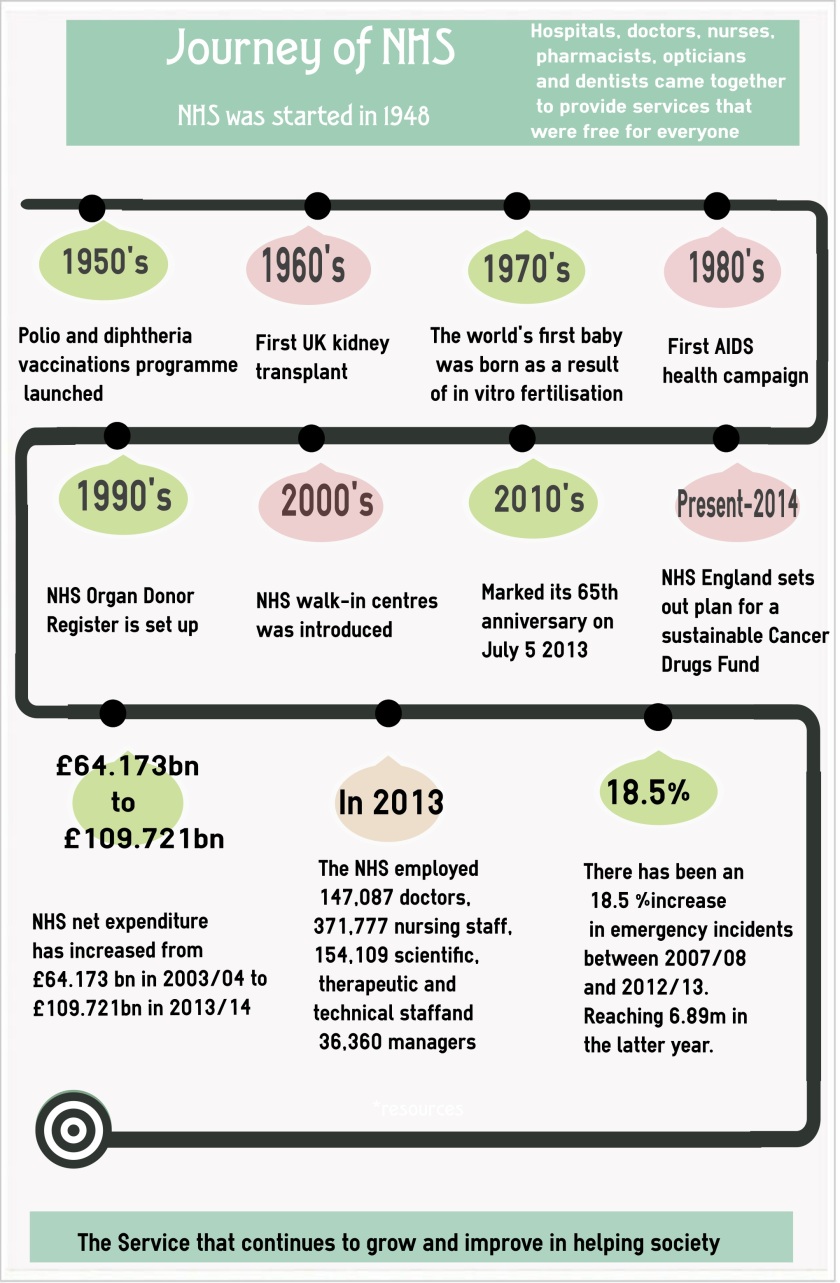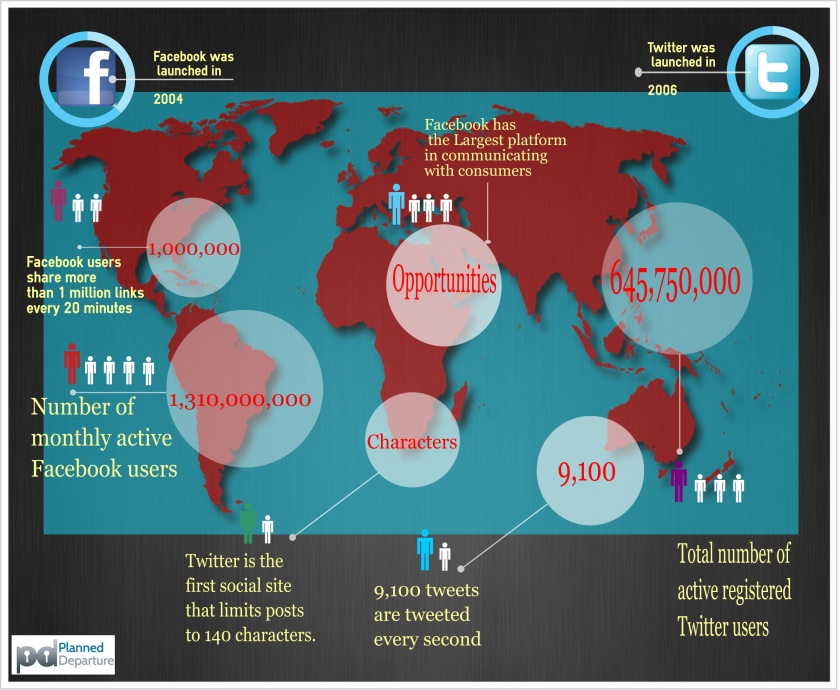
Following on from last two week’s blog relating to the value of setting up an Advanced Directive, it is worth noting the 1990 Patient Self-Determination Act (PSDA) in the United States, which encourages everyone to decide now about the types and extent of medical care they want to accept or refuse if they become unable to make those decisions due to illness.
Taking responsibility for this type of information is not just about giving yourself more peace of mind, it also helps those closest to you should the unforeseen strike and breaks down the communication barriers between the patient, doctors and loved ones. It also serves as a proactive tool which prompts people to think about difficult topics and guides them once they have identified how best they wish to be treated.
Nowadays health care institutions are required to ask patients if they have an Advance Directive document or would like to fill one out, and in the UK there is also the Mental Capacity Act 2005 which is designed to protect people who can’t make decisions for themselves or lack the mental capacity to do so.
An Advance Directive tends to maximise the independence and comfort of patients and makes it easier for family members to know exactly what you would like without doubting or putting themselves in an awkward position.
Each form is different, clearly influenced by the individual and their preferences, based on religion, cultures and backgrounds.
In 2007 a woman in Canada gave birth to sextuplets which led to a battle between religion and medicine, between the children’s right to life and their parents’ right to practise their religious beliefs. Two of the babies, born 15 weeks early, died. The parents, who are both Jehovah’s Witnesses, refused to allow blood transfusions, in accordance with their faith, and three of the babies were taken into custody by social workers so they could be given the treatment.
Custody has now been returned to the parents, who have not been named, but they are angry at the intervention and have gone to court to prevent officials stepping in again. Read more …
All these factors are taken into consideration in creating an effective document tailored by the individual. We are all different and as such no two documents can be the same. Taking the time to discuss your preferences helps you and those around you.
In planning ahead, it’s easier to determine the medical care you prefer, avoid unnecessary stress, pain and spare your loved ones and caregivers the decision making during moments of crisis. You also make it easier and avoid the misunderstanding or disagreements about the choices you would want people to make on your behalf.
Speak to your doctor or nurse today.
If you found this interesting please share.



